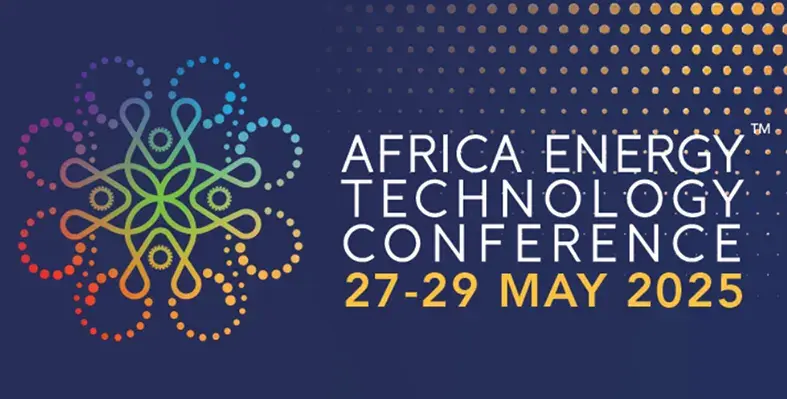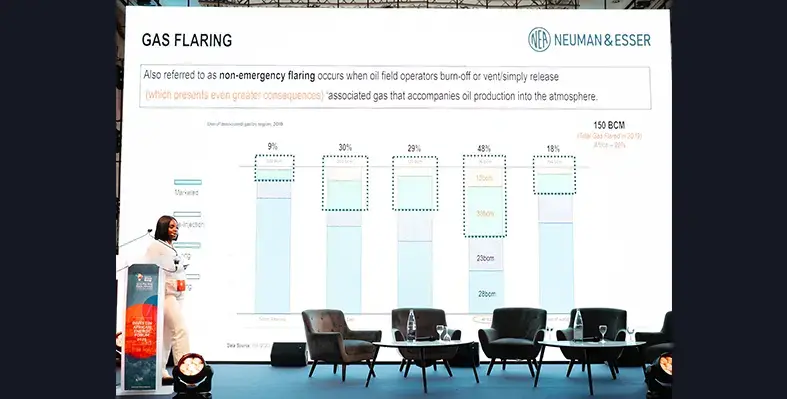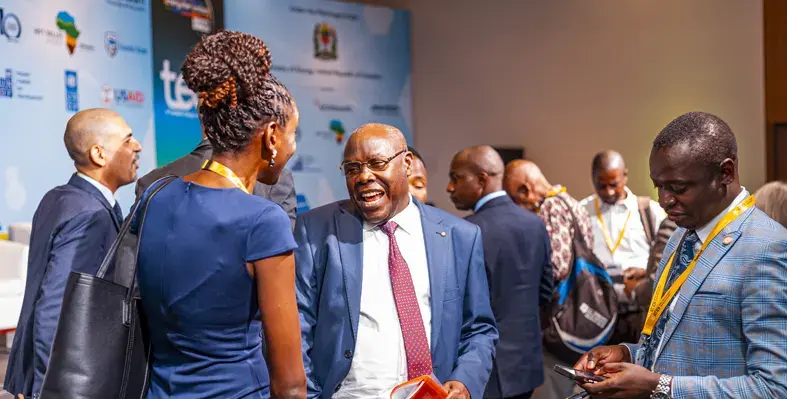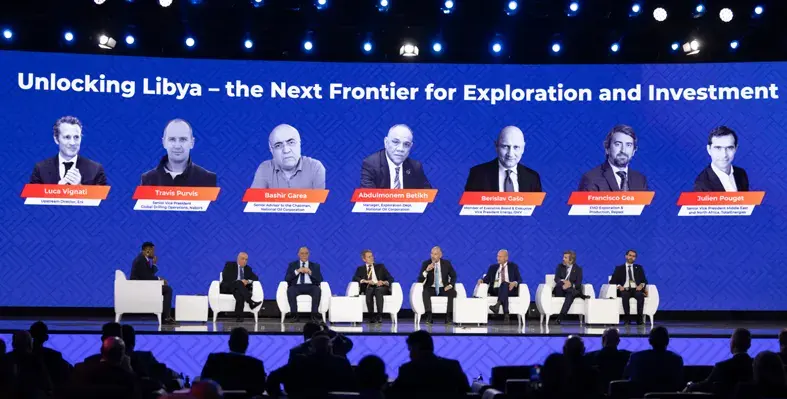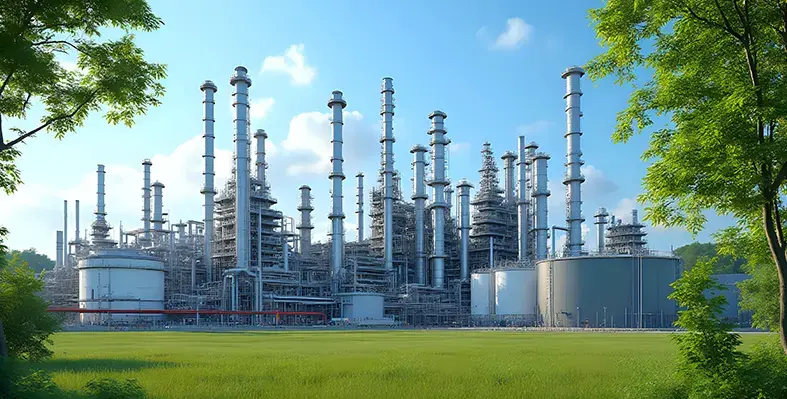
Environmental sustainability is non-negotiable while resource extraction. (Image source: Adobe Stock)
Organised by the Petroleum Authority of Uganda (PAU), the third Civil Society Organisation (CSO) Conference on Oil and Gas saw key stakeholders pledge enhanced collaboration and mutual understanding to advance best practice in business and human rights in Uganda’s extractive industry
Ernest Rubondo, executive director of the PAU, said, "We’ve made significant progress thanks to stakeholder alignment across most activities. However, differences have emerged – particularly around business, social, and human rights perspectives. It’s crucial that even in disagreement, we foster constructive engagement that promotes learning without hindering Uganda’s socio-economic development."
"As we advance in resource extraction, human rights, environmental sustainability, and equitable benefit sharing are non-negotiable. Our development strategy must integrate social safeguards, uphold dignity, and promote justice, especially for communities in project areas," said Frank Mugisha, Ag. Commissioner for the Petroleum Department at the Ministry of Energy and Mineral Development (MEMD).
TotalEnergies’ general manager, Philippe Groueix, highlighted the company's agricultural programmes to support local communities as they undertake the Tilenga Project.
“At TotalEnergies, we remain committed to a culture of active listening, learning and continuous improvement. We are not here to meet minimum standards – but to strive to set new benchmarks in the responsible energy development of the Tilenga Project,” he said.
John Bosco Habomugisha, deputy managing director of EACOP, said, “We value the role of civil society in promoting accountability and compliance. EACOP is committed to strengthening collaboration – on worker rights, grievance mechanisms, gender-responsive policies, and Business and Human Rights awareness.”






